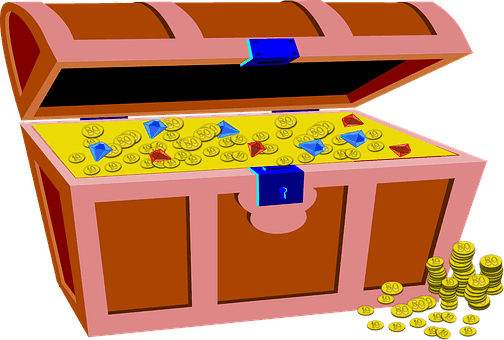UK FSA Blockchain Pilot Program Successful
The U.K.'s Food Standards Agency announced the FSA blockchain pilot was successful in testing a new supply chain food monitoring system.

The U.K.’s Food Standards Agency (FSA) announced yesterday that it has successfully piloted a blockchain-based supply chain food monitoring system.
The trial tracked meat sourced from a cattle slaughterhouse to provide “improved transparency” throughout the supply chain, according to the press release. The data was shared with the slaughterhouse as well as the FSA throughout the trial.
Head of information management at the FSA Sian Thomas said in a statement that his agency thought “blockchain technology might add real value to a part of the food industry.” Meat was chosen because it requires the most inspection and closest monitoring for safety.
“Our approach has been to develop data standards with industry that will make theory reality and I’m delighted that we’ve been able to show that blockchain does indeed work in this part of the food industry. I think there are great opportunities now for industry and government to work together to expand and develop this approach.”
Further Possibilities
This FSA blockchain pilot program is just the first step in a series of possibilities for improving the industrial food chain. The next course of action for the FSA will be further work to replicate this in plants, as well as other animals to ensure that all those across the food supply chain get the full benefit of the new way data is managed.
The current data model is limited to the collection and communication of inspection results.Blockchain allows for permissioned access data between the farmer, FSA and customer that will likely prove useful.
If use of blockchain technology continues to show success in pilot, then its permanent use would become wide-spread.
This trial was the first time a national government regulatory agency used a blockchain to monitor food supply chains. However, various retailers have already started experimenting with blockchain, most notably Walmart who has implemented the technology fully.
JD.com, Alibaba, Cargill and CBH Group are just some of the other private organizations which are using blockchain to track food items. The UN’s World Food Program has also experimented with blockchain for food distribution. There is a group focused entirely on spreading blockchain technology “for social impact.” The Port of Brisbane now uses a blockchain system for increase efficiency as well.





























